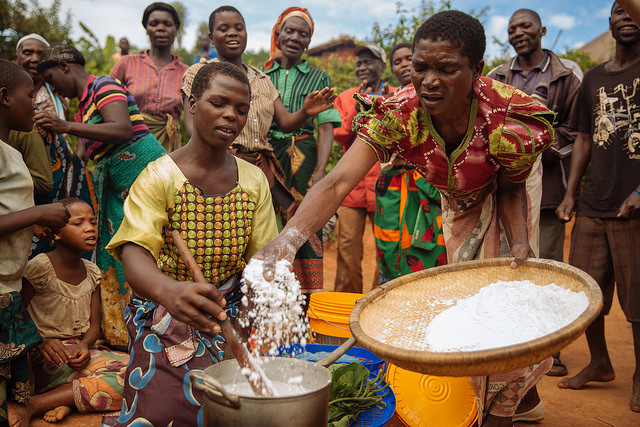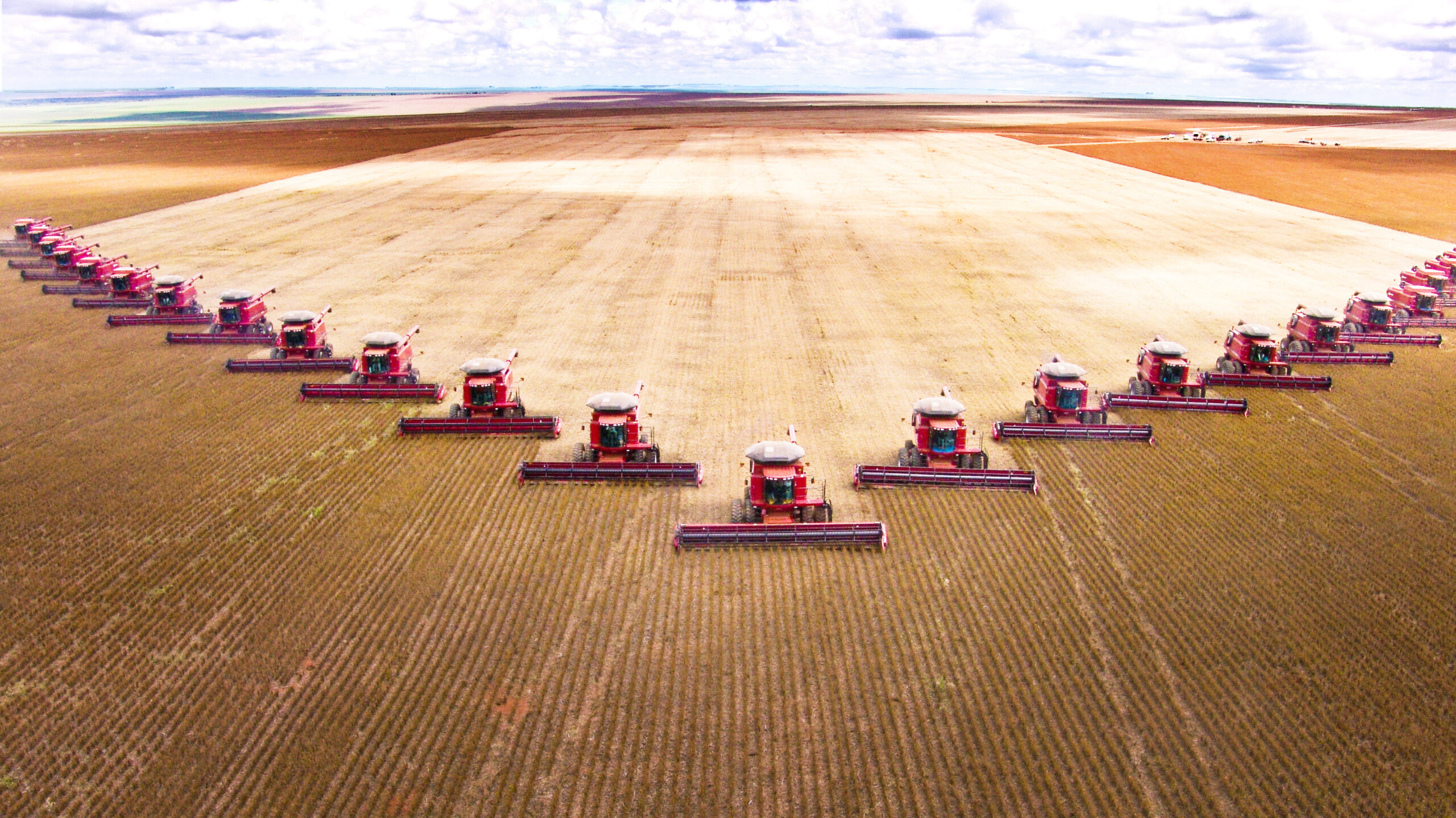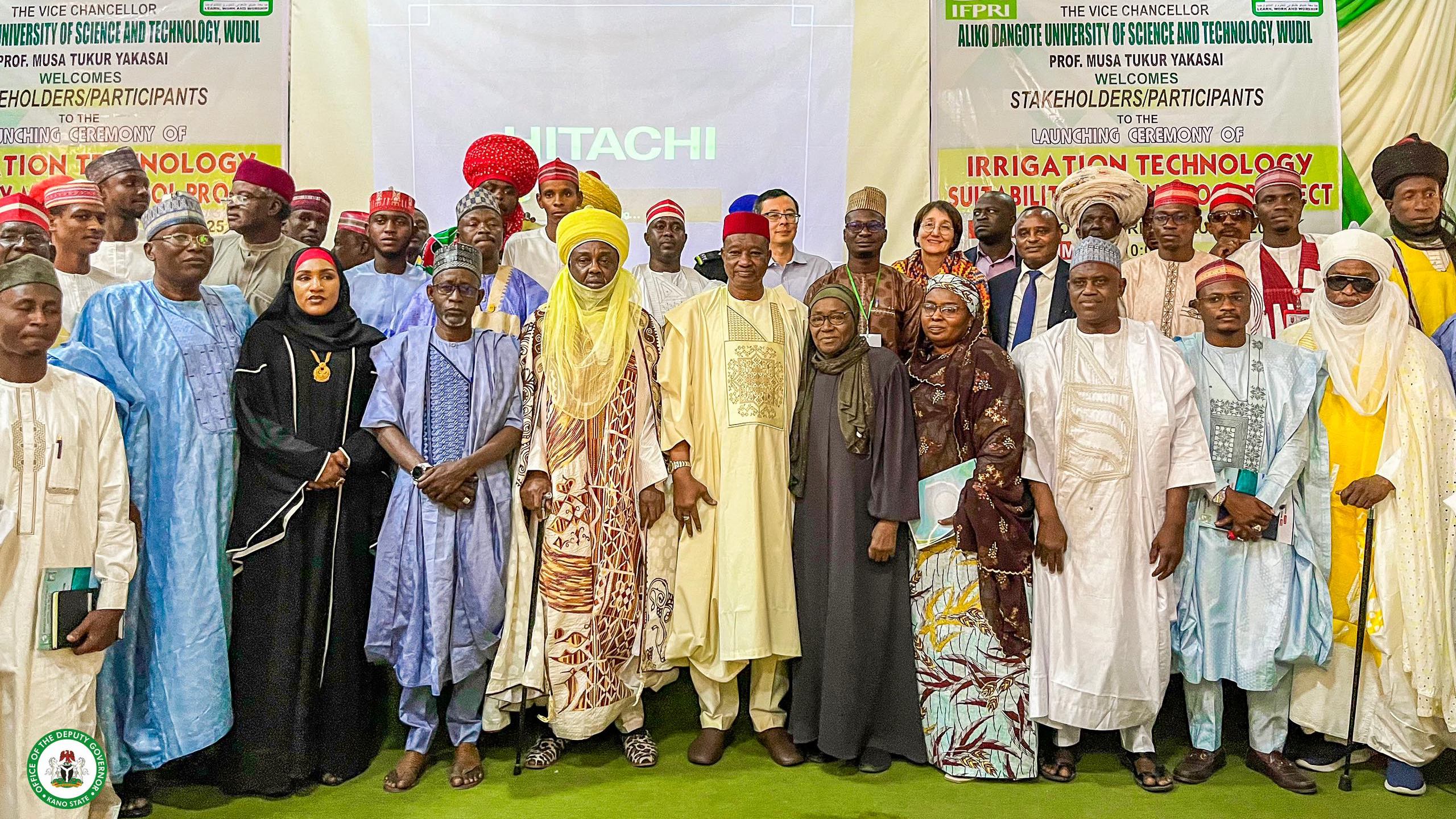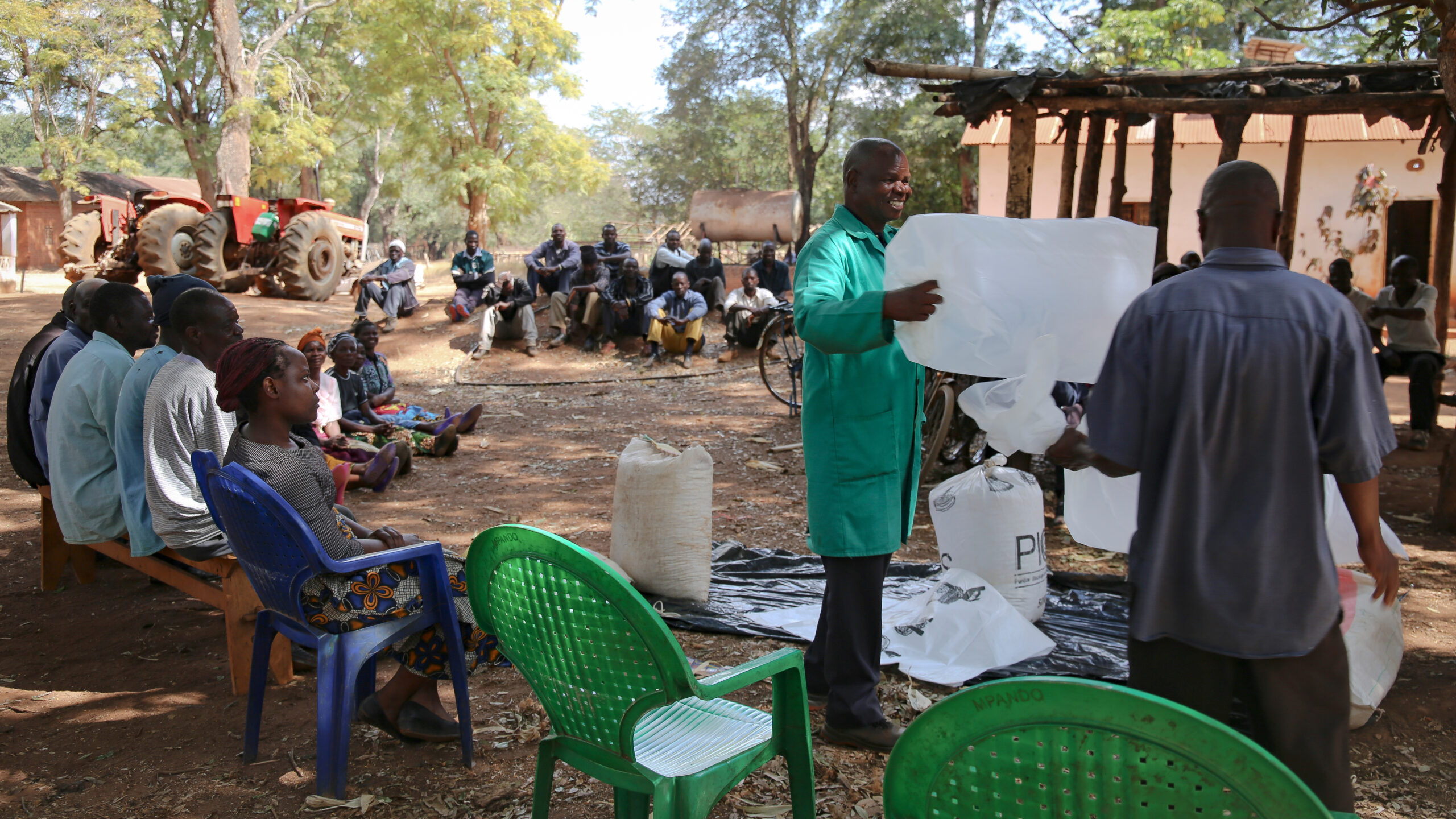Nana Adjoa Sifa Amponsah is a successful social entrepreneur and founder of Guzakuza, a Ghanaian organization that supports women “agripreneurs.” She’s adamant that agriculture is not only about tilling the soil, but about all the stages of the process, from the farm to the table and includes processing, packaging, branding, marketing, transportation and distribution. Nana helps young women create businesses in rural areas that boost agriculture productivity and generate profits.
There are millions of small-scale farmers in Africa, of which at least half are women. Many are poor and food insecure and have limited access to markets and services. Despite challenging policy and institutional obstacles, their collective efforts feed millions of people every day. By linking with other small-scale farmers and to markets they could significantly increase the value of their products and their incomes. They could unleash their considerable potential to contribute more to national economies, and create jobs and boost exports.
In spite of the continent’s vast natural wealth, African farmers produce far less food per hectare than the world average, and food production, distribution and consumption systems are not functioning optimally. Millions of people live with hunger and malnutrition, and there is too much waste and inefficiency in the farming sector.
We know that food insecurity can be caused by a number of factors including poverty, conflict, drought, climate change, low agricultural productivity and disease. To help prevent future widespread food insecurity, agriculture experts and policymakers must focus on driving up productivity, improving diet and nutrition, boosting resilience, increasing inclusivity, enhancing access to information, and better managing economic, political and environmental risks.
The Malabo Montpellier Panel, made up of 12 African and 5 European development experts, will work to accelerate progress towards food and nutritional security in Africa by looking at all of these things. Our evidence-based reports and dialogues will equip decision makers in Africa with the information and ideas they need to design and implement innovative policies and programs that benefit small scale farmers, especially women and youth.
To achieve the Sustainable Development Goals, African countries need to support small scale farmers and young entrepreneurs by strengthening education and vocational training, building capacity for young people to self-organize, linking entrepreneurs to regional and global value chains, investing in infrastructure and technologies, and enabling access to finance.
The Panel will help policymakers do this by carrying out in-depth research, convening expert debates, and sharing best practices. We will look to find ways to increase production of food per hectare while involving and benefitting the poorest communities. We will seek to link top down policy targets with research and innovations focused on the grassroots.
Among the questions we will ask and try to answer are: How can better evidence and informed dialogue foster policy renewal efforts and minimize the risk of policy reversal or return to policies that have retarded growth during the first decades of post-independence Africa? How can we ensure the new generation of leaders have the information they need to learn the lessons from the past, and avoid going down costly populist routes?
There are huge opportunities for young people and women waiting to be realised. Across the continent, inspiring innovations are driving agriculture productivity and increasing participation. By analysing and drawing lessons from these and then sharing them across borders, the Malabo Montpellier Panel will sow the seeds of change.
Ousmane Badiane is IFPRI’s Africa Director; Joachim von Braun is Director of the Center for Development Research (ZEF) at the University of Bonn. This post first appeared on the Malabo Montpellier Panel site.







